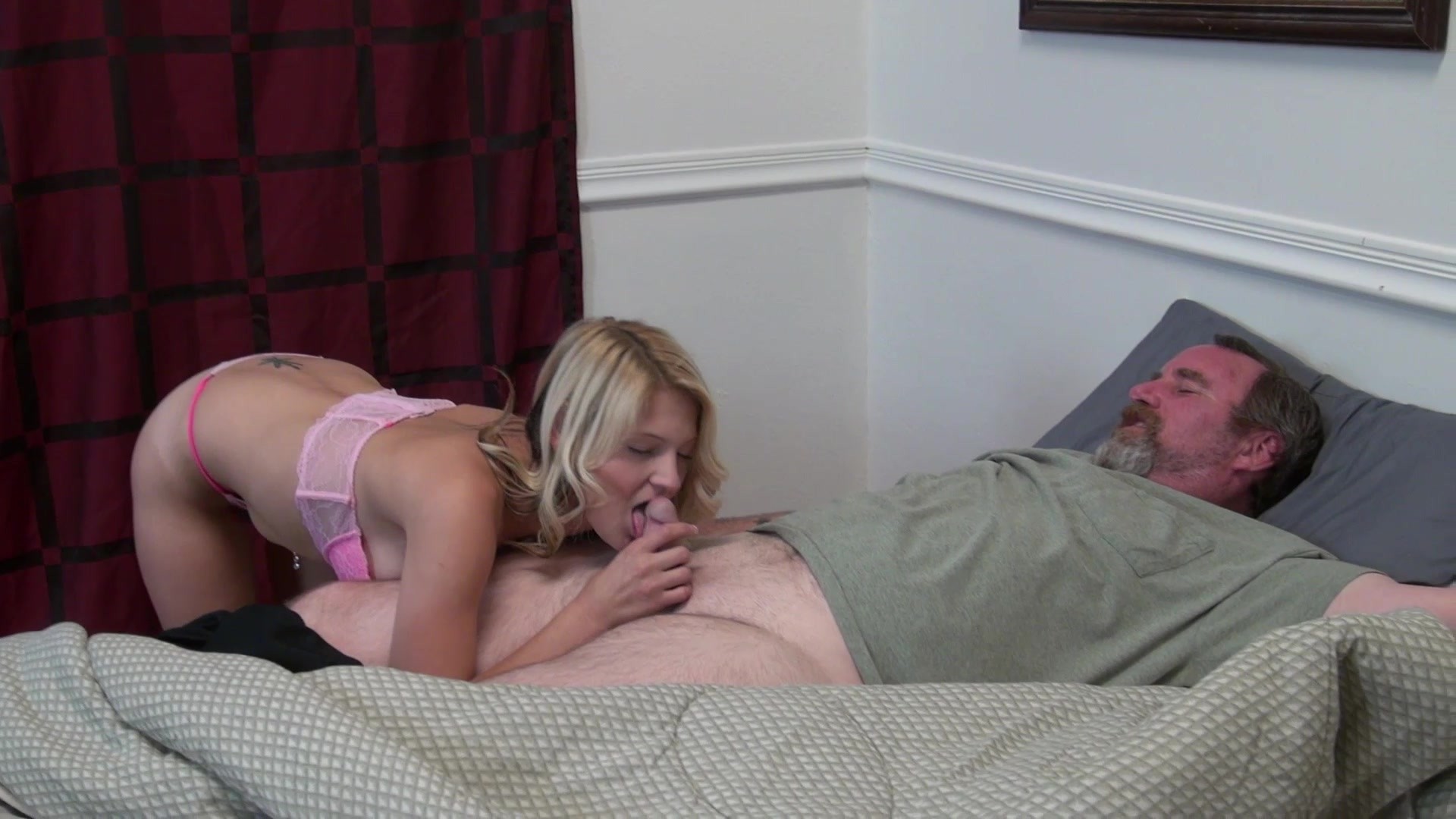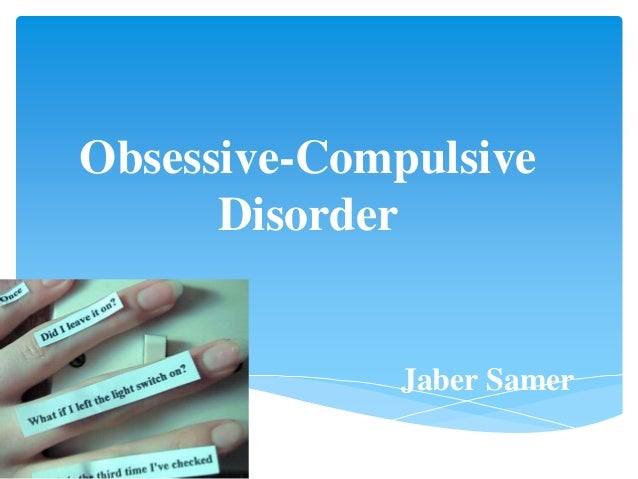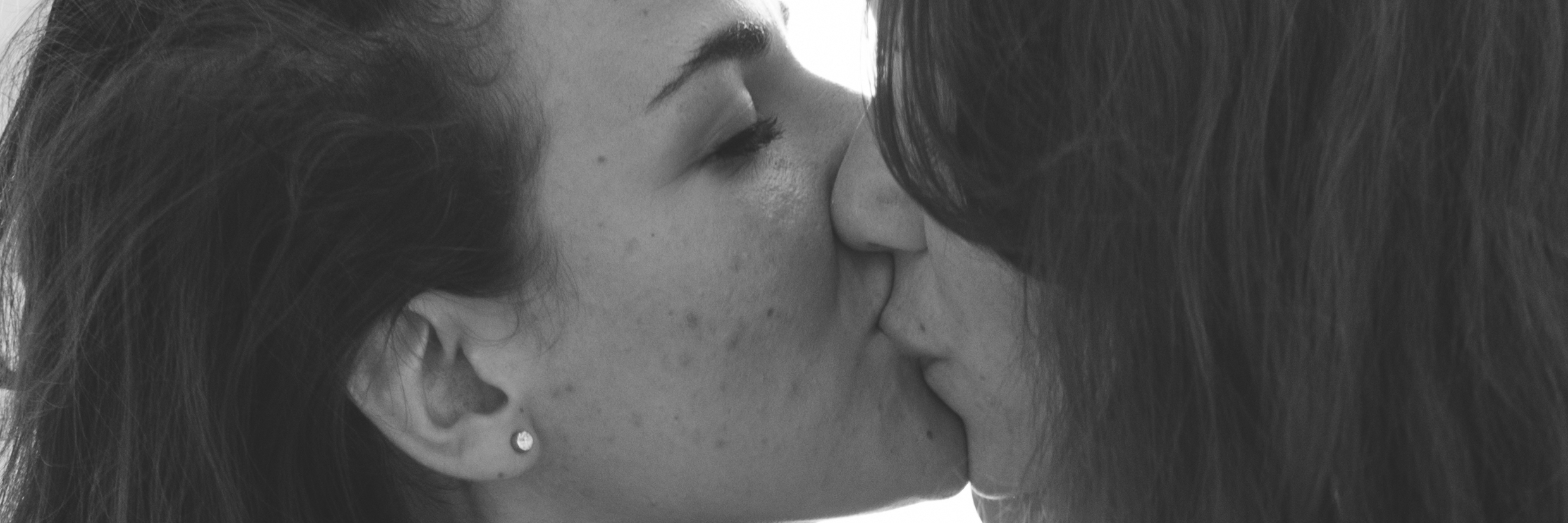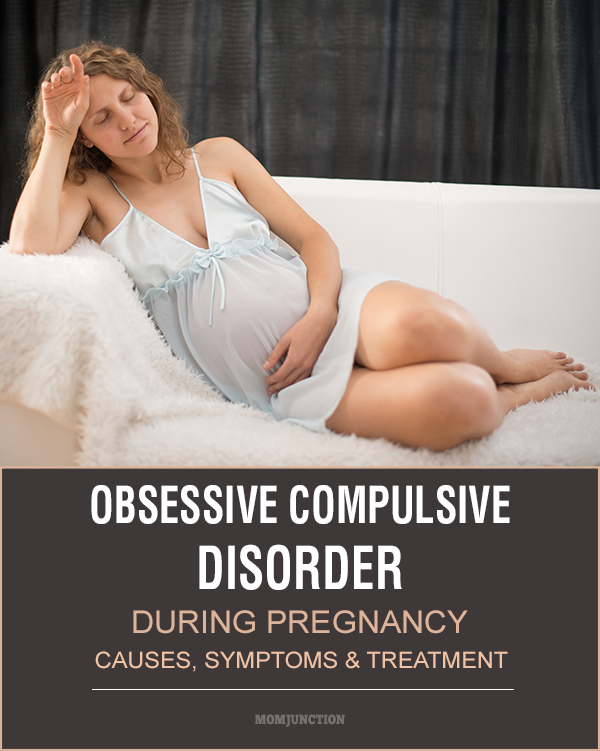Obsessive compulsive disorder (OCD) is an anxiety disorder that causes a person to suffer repeated obsessions and compulsions. Learn OCD symptoms, causes, medications, diagnosis, and treatment.
Obsessive-Compulsive Disorder (OCD) is characterized by intrusive obsessive thoughts that result in compulsive ritualistic behaviors and routines.
Obsessive-Compulsive Disorder, and other mental disorders, should only be diagnosed by a medical doctor, clinical psychologist, or other trained health provider who has spent time with the teenager and has conducted a proper mental health assessment.
Obsessive–compulsive disorder (OCD) is a mental disorder where people feel the need to check things repeatedly, perform certain routines repeatedly (called “rituals”), or have certain thoughts repeatedly (called “obsessions”).
Get information about obsessive compulsive disorder (OCD) causes, symptoms, signs, diagnosis, treatment, and types. Obsessions (worrying) and compulsions (handwashing, for example) are OCD characteristics.

Obsessive-compulsive disorder (OCD) features a pattern of unreasonable thoughts and fears (obsessions) that lead to repetitive behaviors (compulsions).
Free obsessive-compulsive disorder papers, essays, and research papers.

Obsessive–compulsive personality disorder (OCPD) is a personality disorder characterized by a general pattern of concern with orderliness, perfectionism, excessive attention to details, mental and interpersonal control, and a need for control over one’s environment, at the expense of flexibility, openness to experience, and efficiency.








Obsessive-Compulsive Disorder (OCD) is an anxiety disorder and is characterized by recurrent, unwanted thoughts (obsessions) and/or repetitive behaviors (compulsions).
Obsessive compulsive disorder strikes 2-3 percent of the U.S. population and is a challenging condition to live with. Fortunately, natural approaches exist.